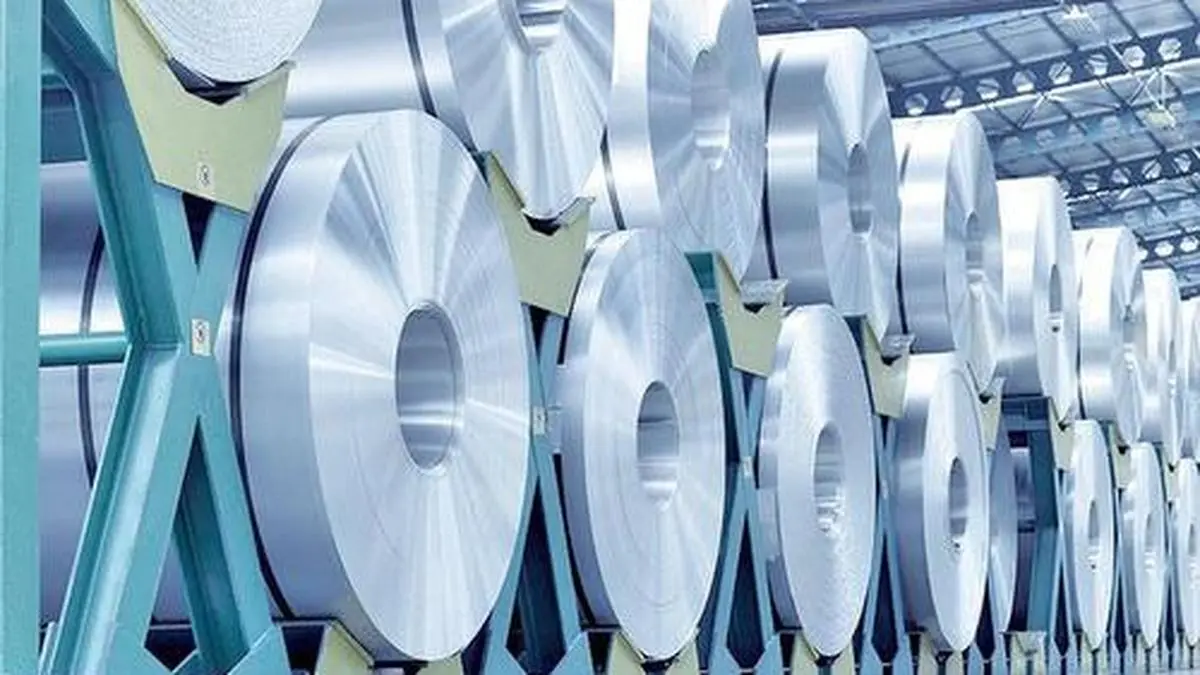The Aluminium Association of India (AAI) has urged the government to impose a 15 per cent import duty on all aluminium products, besides aligning the quality of imported products with global benchmark.
In a statement on Tuesday, AAI urged the Department for Promotion of Industry and Internal Trade (DPIIT) and Union Ministry of Finance, to prevent the country from becoming a dumping ground for global aluminium products, amid escalating geopolitical and non-tariff barriers.
Urging DPIIT and the Finance Ministry to safeguard the nation from an impending aluminium shortage, like the concerns around critical and rare minerals, the association urged that investments exceeding ₹20 lakh crore in the sector be unlocked.
Threat to competitiveness
The statement comes at a time when global market distortions and import surge from surplus-capacity countries are threatening the competitiveness of Indian producers. Aluminium — now recognised as a strategic and critical metal by the United States, European Union, NATO, and India — plays a key role in national security, infrastructure, aerospace and the energy transition.
The United States has raised tariffs on aluminium imports from 10 per cent to 50 per cent, while China has imposed a 25 per cent duty on aluminium scrap imports from the US along with stringent quality restrictions (only aluminium content higher than 91 per cent is allowed). The European Union and the United Kingdom have introduced non-tariff measures such as the Carbon Border Adjustment Mechanism (CBAM), effectively increasing aluminium import costs by 7-60 per cent.
However, in India, despite a ₹1.5 lakh crore investment in building a 4.2 million tonnes per annum (MTPA) production capacity — second only to China — and creating over 8 lakh jobs, low-quality imports of aluminium are on the rise and may comprise 54 per cent of domestic demand in FY26.
“Over the past 14 years, aluminium consumption in India has grown by 160 per cent, but imports have surged by 250 per cent, while aluminium scrap imports have risen by 285 per cent,” the AAI said.
Call for rationalisation
This has created an imbalance, underscoring the mounting pressure on domestic manufacturers amid distorted global trade conditions. It will be a major dent to India’s “Aatmanirbhar Bharat” vision, it said.
The association called for rationalisation of duty structures on critical raw materials to support domestic value addition and competitiveness. It also suggested harmonising regulatory frameworks to promote circular economy practices and strengthen environmental safeguards.
On the other hand, unregulated aluminium scrap imports have emerged as a growing threat to the industry’s ecosystem. “The absence of quality standards has led to an influx of low-grade, contaminated scrap, often containing hazardous materials such as lead, imported majorly from the US and EU among others due to their stricter recycling norms,” said the AAI.
If these measures are implemented, India could unlock major industrial growth, attracting investments of over ₹2 lakh crore in the near term. It would expand domestic aluminium capacity to 9.2 MTPA by 2030 and create over one lakh new jobs, besides supporting thousands of MSMEs, and reduce import dependence.
Published on October 28, 2025
